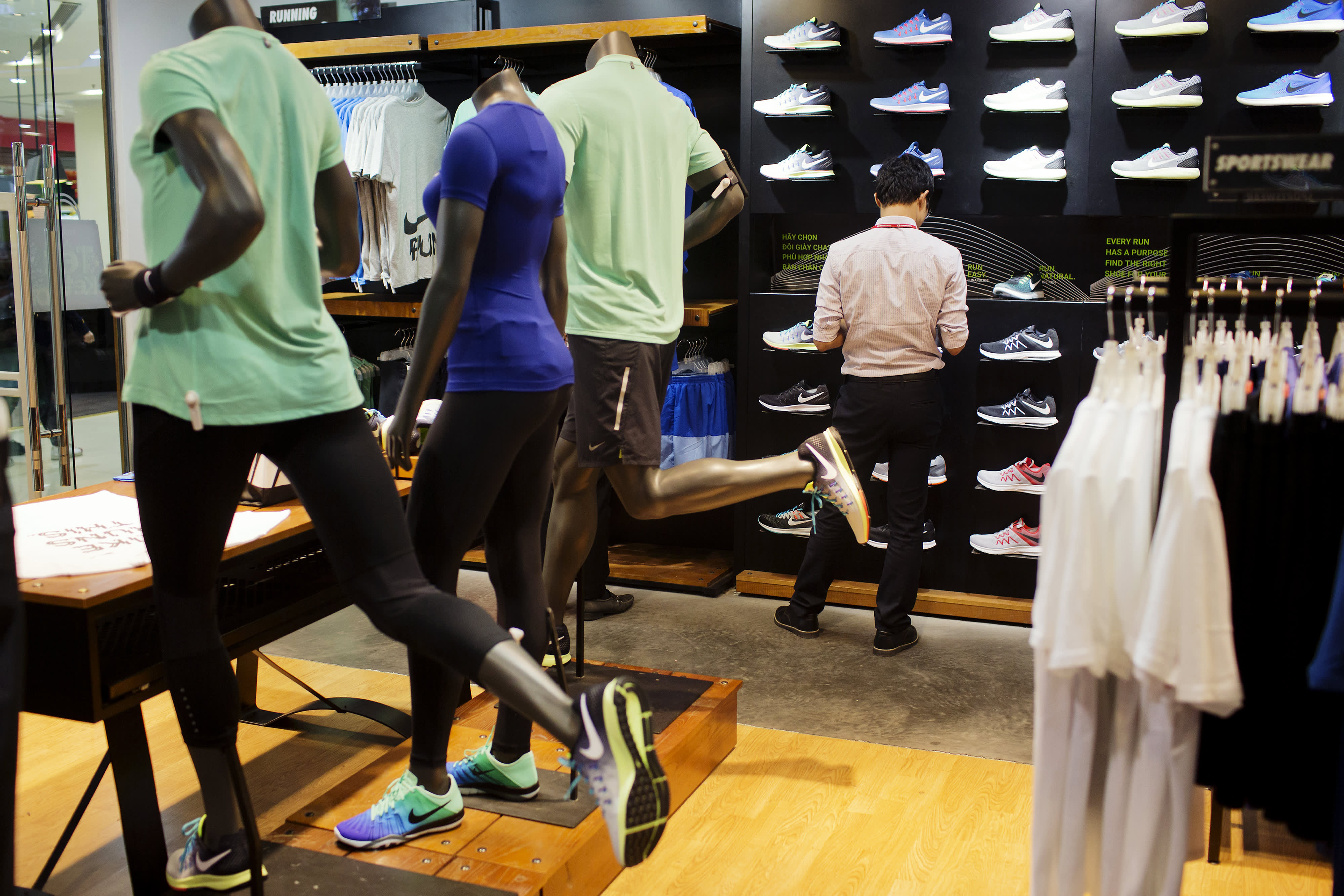Nike‘s decision to stop selling merchandise to Amazon is just the “tip of the iceberg” of brands opting to go directly to consumers, internet entrepreneur Tim Armstrong told CNBC on Friday.
“The direct-to-consumer movement will be the replacement for the retail issues and commerce issues that are going on because of the platforms,” said Armstrong, founder of the dtx company, which aims to disrupt online shopping.
“If they have the option to go direct, they are going to go direct,” said Armstrong, former CEO of AOL and ex-Google ad chief. Brands are often fearful that by partnering with Amazon they will lose control over how they’re represented on the site.
On Wednesday, Nike confirmed to CNBC that a pilot program, launched in 2017, to sell a limited product assortment to Amazon, in exchange for stricter policing of the Nike brand on the platform, will end. Nike said it’s shifting focus to its direct-to-consumer business, which brings in about 30% of annual sales. In its last fiscal year, Nike’s direct-to-consumer sales totaled $11.8 billion.
Direct-to-consumer is “another mega trend starting,” said Armstrong, whose company invests in brands that sell directly to consumers.
Armstrong appeared on “Squawk Box” to announce an online shopping event called DTC Friday, which according to the press release, “celebrates and empowers the DTC movement by connecting shoppers with direct-to-consumer brands and with their favorite charities.” Shoppers on Nov. 15 will get $5 to donate to whatever charity they choose for each purchase from a DTC Friday brand, through a partnership with online charity aggregator Givz.
When announcing the dtx company earlier this year, Armstrong said he sees the economy transforming away from a “one-way, wholesale distributor relationship,” thanks to technology around social media and payments, in particular.
Armstrong’s optimism toward the growing industry echoes sentiments from analysts, who said this week they believe other retailers will follow suit after Nike’s announcement.
“The move shows us that strong brands realize that traffic driven to their own site (e.g. NIKE.com) is self-sustaining, more profitable, and actually brand enhancing, while traffic and incremental revenue from Amazon.com is less profitable but also less brand enhancing,” according to Jefferies analyst Randy Konik.
— CNBC’s Lauren Thomas contributed to this report.
